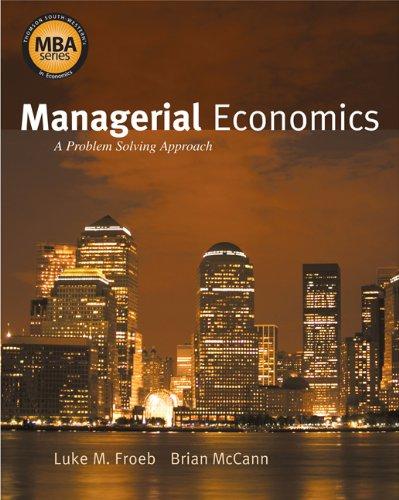Question
With an increase in the use of social media, more people are getting their news through social media platforms instead of print newspapers. Comparing and
With an increase in the use of social media, more people are getting their news through social media platforms instead of print newspapers. Comparing and contrasting social media and print newspapers as the two news outlets for people to consume their news.
Here is what I have written so far, can i have some advice if it goes together with the comparison-contrast writing guidelines? Also, i am lacking a conclusion, not sure what type of conclusion should i write, should i have statistics or data included?
The topics is about increasing number of people using social media to get their news instead of printed newspaper. In the olden days where social media was not established, people get their news from the traditional method of purchasing printed newspaper via newspaper stands or convenient shops nearby their residential estate. There are numerous reasons why people chose social media platform to get their news instead of printed newspaper which we will analyse the similarities and differences in the next few pointers.
There are a few similarities between the two approaches. Firstly, both methods come in different languages with caters to different races. In Singapore, we have Straits Times, Lianhe Zaobao etc. On web, if there is no other languages news available, user can simple translate the page using the Google function.
Secondly, there are different sections in the news itself, both methods offers jobs, fitness etc other than just the big news.
There are a differences that between the two approaches.
Firstly, the access to news via social media platforms is widely preferred as it is convenient for users as they do not need to physically purchase the printed newspaper. Online news are easier to read on public transport for commuters on their way to work or school instead of carrying the bulk to newspapers in their hand carry bag.
Secondly, some social media platforms are free and it caters to students or young working adults which help them receive news at almost no cost rather than purchasing printed newspapers daily which can amount to a significant amount in a year.
Thirdly, some people are not a fan of reading, they may prefer watching videos on the web instead of reading chunking paragraphs in the printed newspapers. In fact, there are some platforms whereby they can listen to the news instead of reading them as sometimes they may not be in the position to be holding a printed newspaper.
Lastly, online news can be overloaded that leads to news avoidance. In this time and era, it is easy to create a website and create contents, which leads to numerous news circulating daily. It can cause stress and anxiety to people as there might be contradiction in different articles. Eventually, it can be cause news avoidance in some people. When news avoidance occur, people do not know what is going on internationally or locally, which leads to insufficient preparation. An example is inflation, if people do not know the economic situation that is going on internationally or locally, they may not be as well prepared to tide themselves through the economic crisis. Printed newspaper contents are generally unbiased as the contents are moderated and vetted through by official channels to ensure that the contents are legitimate.
Step by Step Solution
There are 3 Steps involved in it
Step: 1

Get Instant Access to Expert-Tailored Solutions
See step-by-step solutions with expert insights and AI powered tools for academic success
Step: 2

Step: 3

Ace Your Homework with AI
Get the answers you need in no time with our AI-driven, step-by-step assistance
Get Started


